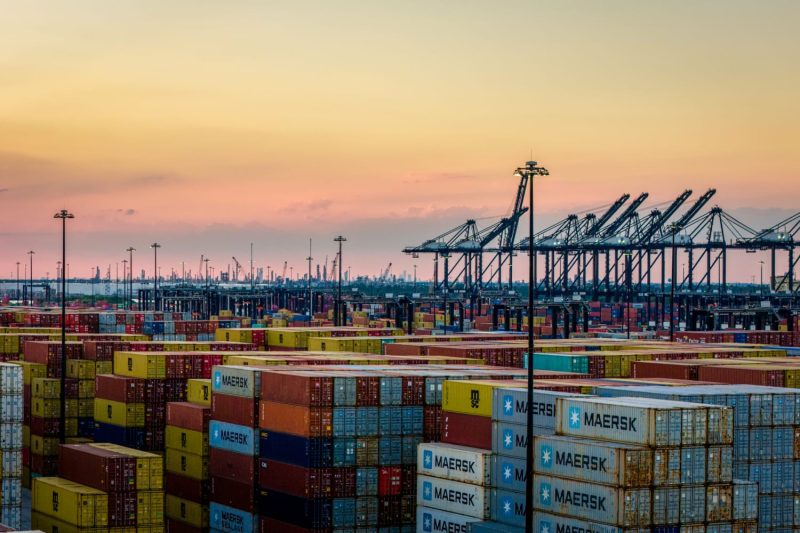The recent major maritime strike could potentially have significant repercussions for ports along the East Coast of the United States. The disruption caused by the labor dispute has raised concerns among industry experts and government officials regarding the potential economic impact and the ripple effect it could have on various sectors.
One of the key issues at the heart of the strike is the demand for improved working conditions and fair wages for maritime workers. Union representatives have been negotiating with port operators and shipping companies for several weeks, trying to reach a mutual agreement that addresses the concerns of the workers. However, with an impasse in discussions, the labor strike has escalated, causing delays and disruptions in port operations.
The strike has already had visible effects on port activities, with delays in cargo handling and shipments being reported at several key ports along the East Coast. This has raised fears of shortages in goods and increased costs for businesses reliant on timely imports and exports. The uncertainty created by the ongoing strike has also led to a decline in investor confidence, as companies hesitate to commit to long-term trade agreements until the situation is resolved.
The potential consequences of a prolonged maritime strike extend beyond the port operations themselves. Industries such as manufacturing, retail, and logistics that rely heavily on the smooth movement of goods through the ports could face significant challenges in meeting customer demands and managing their supply chains. The disruption in maritime activities could also have a domino effect on related industries, leading to job losses and economic downturn in the region.
Government officials at both the state and federal level are closely monitoring the situation and have called for a swift resolution to the labor dispute. The impact of the strike on the economy and the livelihoods of workers is a cause for concern, prompting calls for mediation and arbitration to bring all parties to the negotiating table. However, finding a compromise that satisfies the demands of the workers while ensuring the smooth operation of the ports remains a challenging task.
As the maritime strike continues to unfold, the uncertainty and disruptions it brings highlight the interconnected nature of global trade and the importance of effective labor relations in ensuring the stability of supply chains. The need for fair working conditions and equitable compensation for maritime workers must be balanced with the economic imperatives of maintaining efficient port operations. The resolution of the strike will require a collaborative effort from all stakeholders involved to find a sustainable solution that addresses the grievances of the workers while safeguarding the interests of businesses and the broader economy.


























